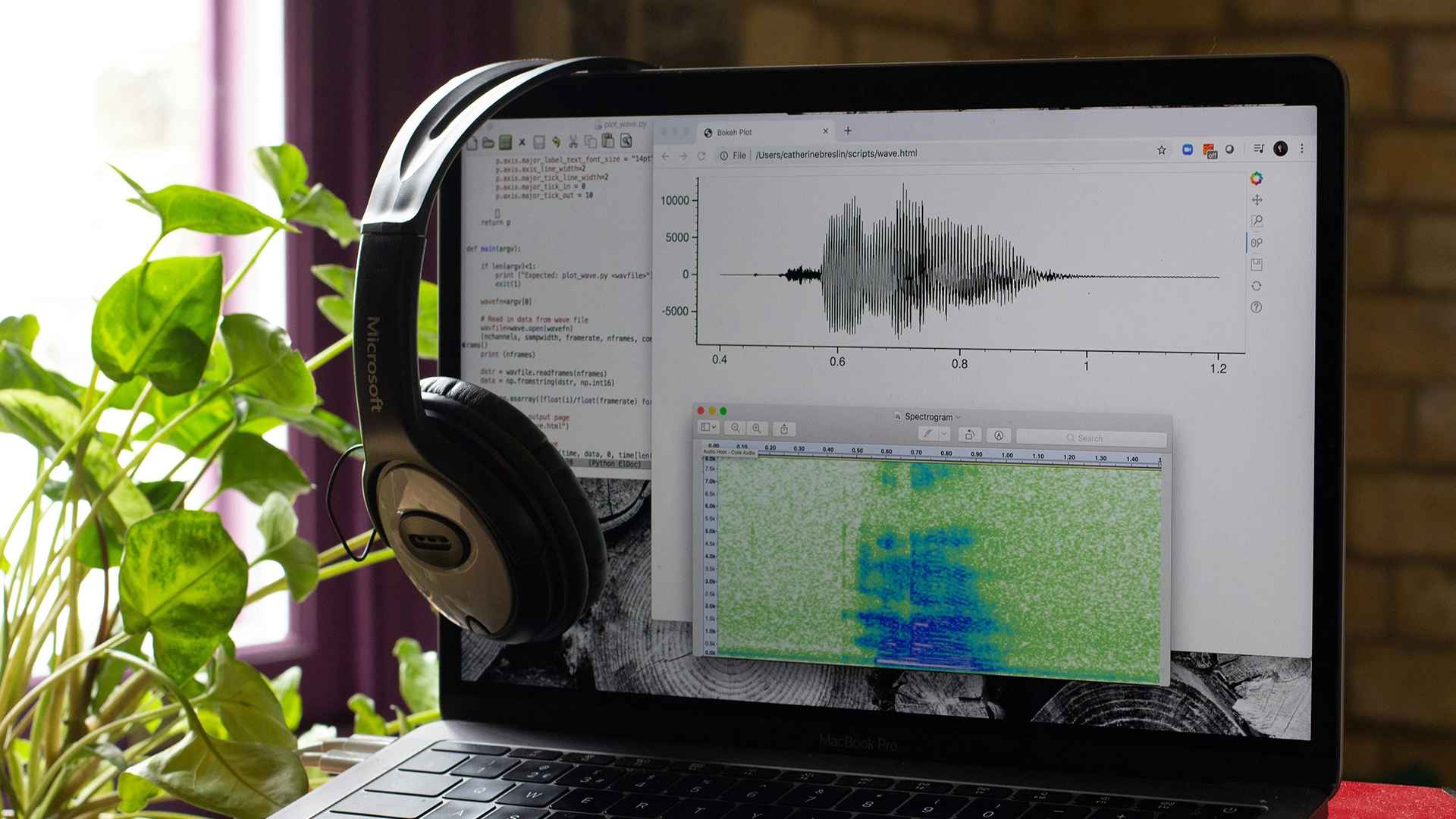
Image by Catherine Breslin from Unsplash
AI Restores Her Voice Post-Cancer, but Coverage Remains Out Of Reach
Generative AI voice technology allowed Sonya Sotinsky to speak again after her cancer surgery took away her voice.
In a rush? Here are the quick facts:
- She used AI to recreate her voice using pre-recorded samples.
- The AI voice is deployed via a text-to-speech app called Whisper.
- She pays $99/month for her AI voice and now advocates for broader access.
After being diagnosed with Stage 4 tongue cancer, Sonya Sotinsky underwent a life-saving surgery that removed her tongue, larynx, and voice box. The procedure took away her voice, yet she found a way to maintain her ability to speak.
Sotinsky started voice banking during the five-week period between her diagnosis and surgery. She recorded herself saying everyday phrases and reading children’s books, preserving her unique tone and sarcastic delivery.
“Your voice is your identity,” she said to NPR, which first reported this story. “When you can’t use your voice, it is very, very frustrating,” she added.
The speech technologies available at the time of her surgery, in early 2022, were limited and robotic. Additionally, standard electrolarynx devices failed to work for her because she had no tongue.
But by mid-2024, advances in generative AI had made it possible to replicate natural human voices with far greater accuracy. NPR reports that an AI company developed a custom voice model using her banked recordings. This allowed text-to-speech functionality through the Whisper app on her phone.
The result was striking. Her daughter, Ela Fuentevilla, described the moment: “She got her sass back […] It’s crazy similar,” she told NPR.
However, this level of voice restoration comes at a personal cost. NPR reports that the initial assistive voice technology cost Sotinsky $3,000. She now spends $99 per month for ongoing use.
The health insurer, Blue Cross Blue Shield of Arizona, refused to cover the expense. NPR reports that they argued that assistive communication tools do not meet their criteria for medical necessity.
This isn’t the first time AI has played a role in restoring voices. Earlier this year, scientists at Radboud University and UMC Utrecht developed a brain implant that translates neural signals into real-time, natural-sounding speech. The AI model decodes brain waves in just 80 milliseconds and can even replicate a patient’s original voice using pre-injury recordings.
NPR reports that Sotinsky stepped back from her career to advocate for voice banking and improved access to AI-based tools. She works with researchers who hope that clinical trials will help make such technology more accessible, and eventually eligible for insurance coverage.


 Previous Story
Previous Story

 Latest articles
Latest articles 